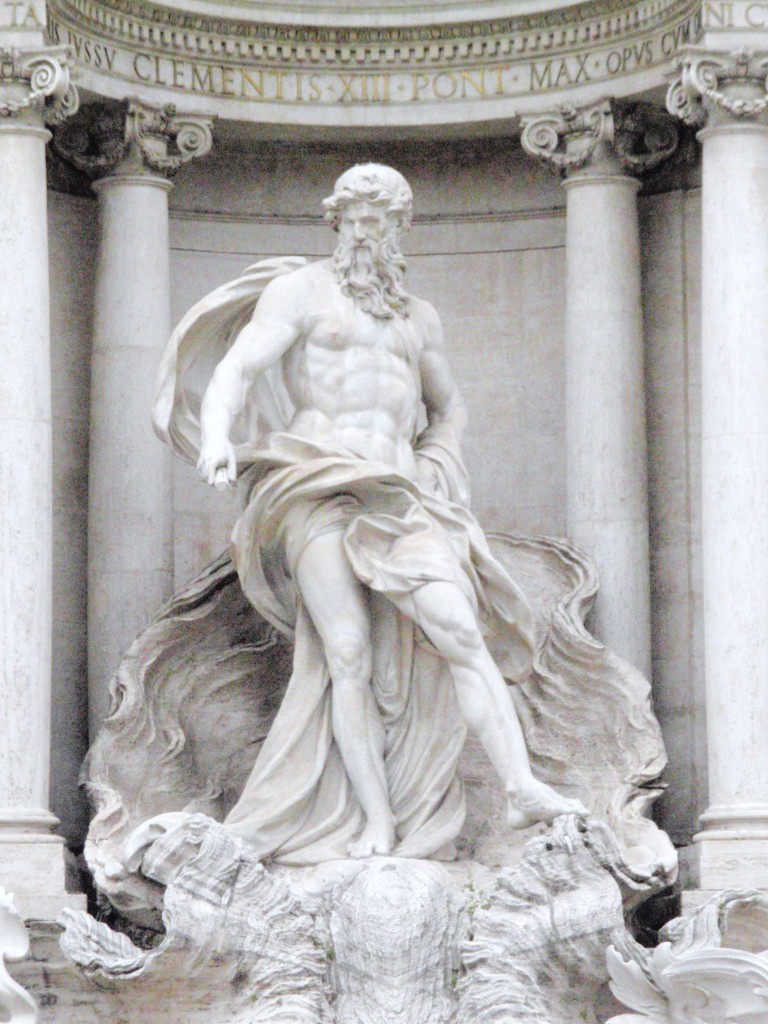Conventional wisdom from the corridors of corporate power seems to suggest that successful CEOs tend to be extroverts. On the other hand, it also seems that many successful entrepreneurs come from more introverted stock. This divergence must put a great deal of pressure on the leader as a company transitions from a startup to an established business. Perhaps, this is another of the many reasons why around 90 percent of startups fail.
From WSJ:
A quiet, reserved introvert is probably not what first came to mind. Aren’t entrepreneurs supposed to be gregarious and commanding—verbally adept and able to inspire employees, clients and investors with the sheer force of their personality? No wonder the advice for introverts who want to be entrepreneurs has long been some form of: “Be more extroverted.”
Now, though, business experts and psychologists are starting to see that guidance is wrong. It disregards the unique skills that introverts bring to the table—the ability to focus for long periods, a propensity for balanced and critical thinking, a knack for quietly empowering others—that may make them even better suited for entrepreneurial and business success than extroverts.
Indeed, numerous entrepreneurs and CEOs are either self-admitted introverts or have so many introvert qualities that they are widely thought to be introverts. These include Bill Gates, co-founder of Microsoft, Steve Wozniak, co-founder of Apple, Larry Page, co-founder of Google, Mark Zuckerberg, co-founder of Facebook, Marissa Mayer, current president and CEO of Yahoo, and Warren Buffett, chairman and CEO of Berkshire Hathaway.
As entrepreneurs, introverts succeed because they “create and lead companies from a very focused place,” says Susan Cain, author of “Quiet: The Power of Introverts in a World That Can’t Stop Talking” and founder of Quiet Revolution, a website for introverts. This spring, she co-founded the Quiet Leadership Institute, a consulting firm with a mission to help companies harness the talent of introverted employees and to help introverts draw on their natural strengths. The company’s clients include General Electric, Procter & Gamble and NASA.
Another big plus, she says: Introverts are not interested in leadership for personal glory, and they steer clear of the cult of personality. Their emphasis is on creating something, not on themselves.
“By their nature, introverts tend to get passionate about one, two or three things in their life,” says Ms. Cain. “And in the service of their passion for an idea they will go out and build alliances and networks and acquire expertise and do whatever it takes to make it happen.”
Here are some of the traits common to most introverts that make them especially well-suited to entrepreneurship.
They crave solitude
Many people believe that introverts, by definition, are shy and extroverts are outgoing. This is incorrect. Introverts, whom experts say comprise about a third of the population, get their energy and process information internally. Some may be shy and some may be outgoing, but they all prefer to spend time alone or in small groups, and often feel drained by a lot of social interaction or large groups.
Extroverts—sometimes spelled “extraverts” in psychology circles—gain energy from being with other people and typically process information externally, meaning they prefer to talk through problems instead of pondering them alone, and they sometimes form opinions while they speak. (Ambiverts, a third personality type that makes up the majority of the population, are a mix of introvert and extrovert.)
Being comfortable being alone—and thinking before acting—can give introverts a leg up as they formulate a business plan or come up with new strategies once the company is launched.
Introverts not only have the stamina to spend long periods alone—they love it. “Good entrepreneurs are able to give themselves the solitude they need to think creatively and originally—to create something where there once was nothing,” says Ms. Cain. “And this is just how introverts are wired.”
Extroverts may find it hard to cloister themselves to think through big questions—what does the company have to offer, how will it reach its audience?—because they crave stimulation. Solitude drains them, and they aren’t as creative if they spend too much time alone, says Beth Buelow, a speaker and coach who is founder of The Introvert Entrepreneur, a website for introverts. So extroverts often take a “throw the spaghetti at the wall and see if it sticks” approach to solving problems, rather than think through possibilities.
While extroverts are networking, promoting or celebrating success, introverts have their “butt on the seat,” says Laurie Helgoe, author of “Introvert Power: Why Your Inner Life is Your Hidden Strength” and assistant professor in the department of psychology and human services at Davis & Elkins College in Elkins, W.Va. “An introvert on his or her own is going to enjoy digging in and doing research—and be able to sustain him- or herself in that lonely place of forging your own way.”
They don’t need external affirmation
Another important characteristic of introverts is that they tend to rely on their own inner compass—not external signals—to know that they’re making the right move or doing a good job. That can give them an edge in several ways.
For instance, they generally don’t look for people to tell them whether an idea is worth pursuing. They tend to think it through before speaking about it to anybody, and rely on their own judgment about whether it’s worth pursuing.
Read the entire story here.

